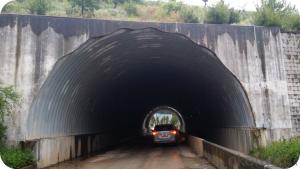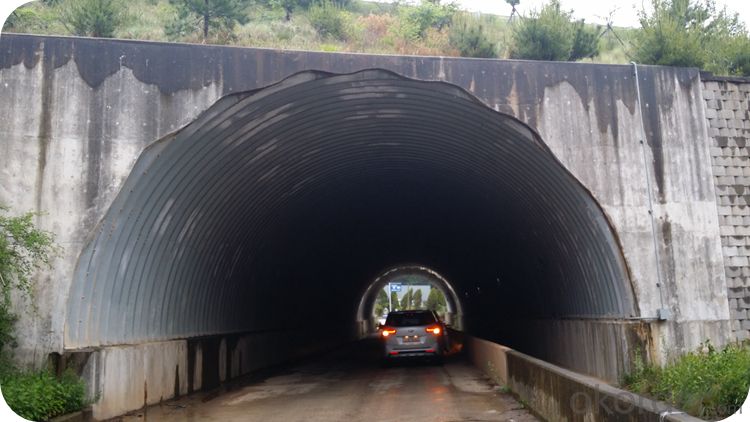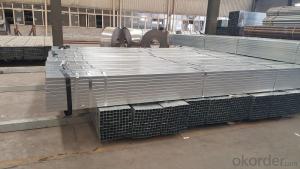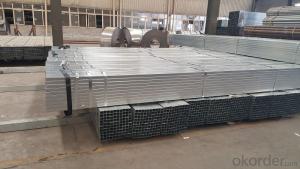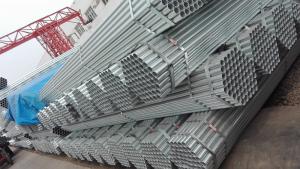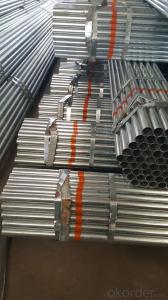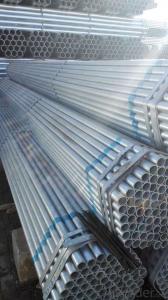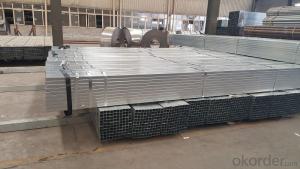CE Certificated Large Corrugated Galvanized Steel Pipe Culvert used in Road Culvert
- Loading Port:
- Tianjin
- Payment Terms:
- TT OR LC
- Min Order Qty:
- 1 m
- Supply Capability:
- 8000 m/month
OKorder Service Pledge
OKorder Financial Service
You Might Also Like
Specification
CE Certificated Large Corrugated Galvanized Steel Pipe Culvert used in Road Culvert
Qijia Advantage
Corrugated Steel Tube Standard: ASTM A789/A789M-2001, AASHTOM36-2014
Raw Material: Strategic partners with SHOUGANG GROUP and cooperation with TISCO, HBIS to ensure the raw material is quality, we can show material list which stamped by partners
Production Line: We import corrugated pipe culvert production lines from Germany, with certification of CE, ISO9001:2008, OHSAS18001:2007, ISO14001:2004, CCPC (China Communications Products Certification) we ensure the cargo to you is quality
Labs: We have tensile strength, thickness test after raw material into plant, pressure wave, type blending test in production, they all strictly controlled by quality record
Experience: QIJIA have more than 10 years’ experience on design, produce, install and service on corrugated steel pipe, we hope become your best partners in your business or your projects
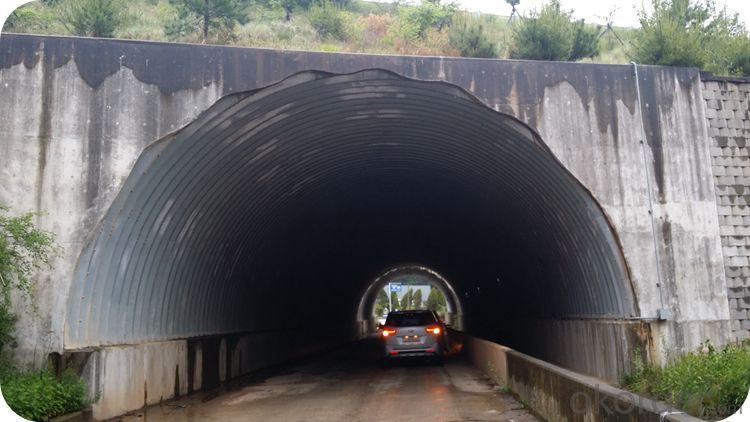
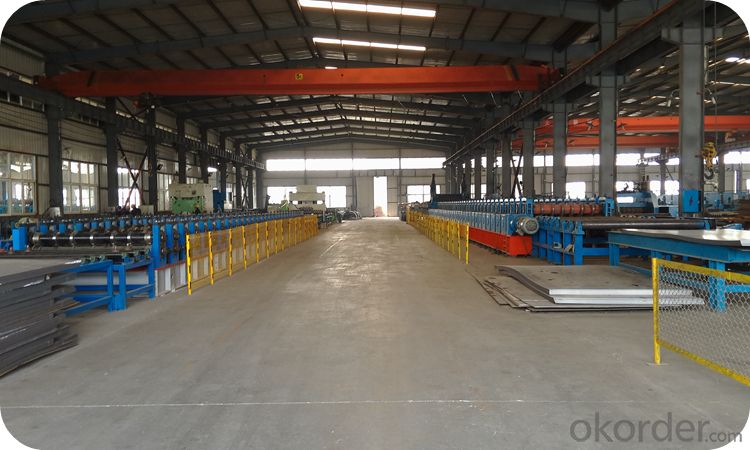
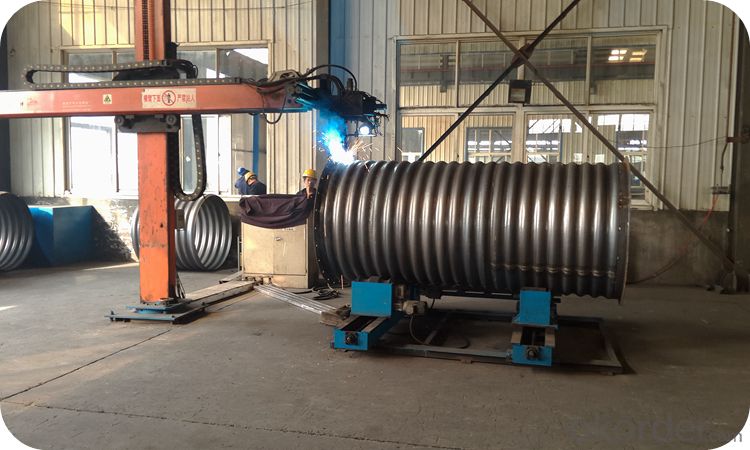
Product description
Corrugated Steel Pipe(CSP) also named corrugated metal pipe(CMP), it is an ideal material for culvert bridge projects based on its low cost, widely variety of diameters and layout configurations, It will not crack under impact loads or vibrations due to the inherent strength of steel and the flexibility of the corrugated pipe section, The high ring compression of the pipe absorbs and transfers the load to the surrounding soil around the entire circumference, The beam strength maintains the grade and line of the structure by bridging inequalities of the trench bottom and side fill.
Advantage compare to other material:
Environmentally, economical, versatility and flexibility in design and installation
Predictable service life more than 100+ years
Variety-wide range of gages, corrugations and shapes in diameter ranging from 12"-144"
Structural integrity-with the strength and integrity of steel-soil structure interactions, XSP/CMP offers unparalled strength
Customizable-a variety of fittings, tees and elbows allow CSP/CMP to match most layout configurations
Can be designed for heavy loading and high maximum height of cover requirements
High strength and durable
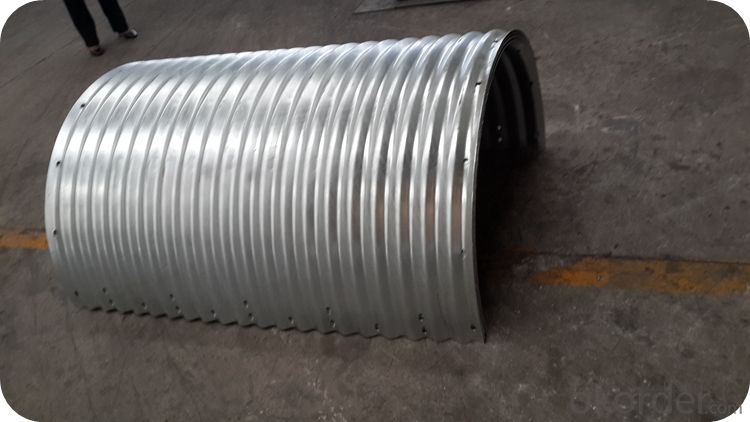
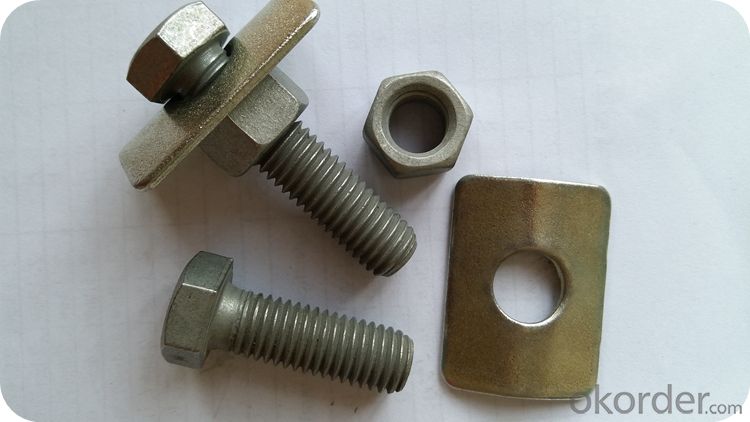
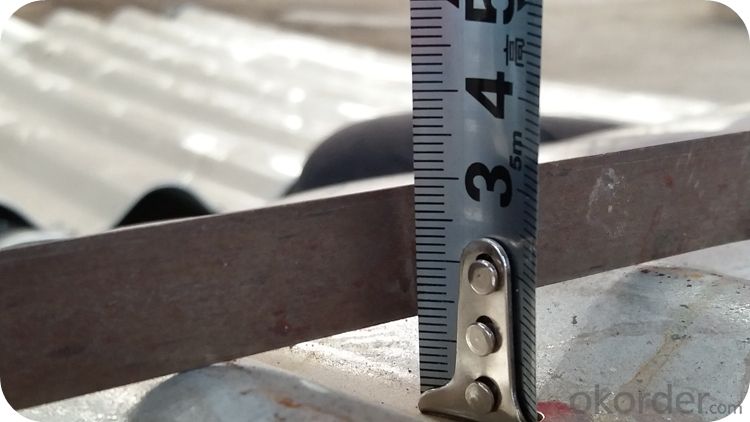
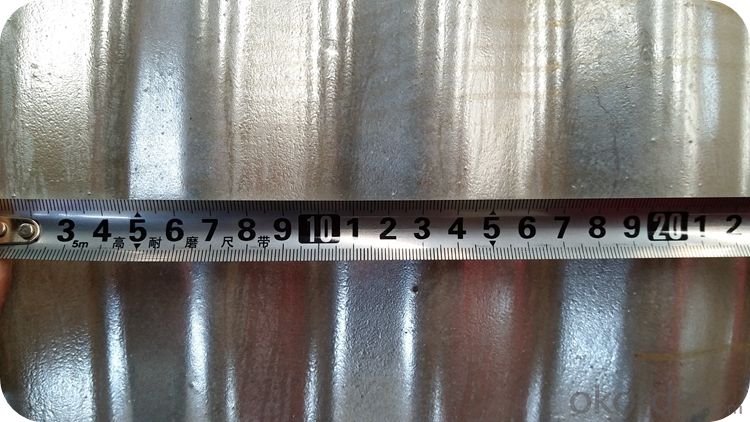
Product data sheet
Product Name | Galvanized Corrugated Steel Pipe Culvert(CSP) or Corrugated Metal Pipe(CMP) |
Product Standard | AASHTO M36-2014 ASTM A789/A789M-2001 JT/T 791-2010 |
Specification | Type: Assembly & Whole |
Wall Thickness: 2.0mm-12.0mm | |
Section Shape: Round/Semi-circle/Arch/Oval/Horseshoe/Dustpan | |
Material: Q235B/SS400/ASTM A283/S235JR | |
Inner Diameter: 500-80000mm | |
Outside Diameter: ID+WT+D | |
Standard Specification of Wave: 68*13 150*50 200*55 380*140 300*110 400*150 More wave specification can produce according to your demand | |
Length: 500-30000mm or according to your demand | |
System Interface: Overlap connection, Concentric reducer, Flange | |
Surface/Antiseptic treatment | Hot-dip Galvanized 84μm & according to the specification of pipe/plate |
Accessories | Bolts & Nuts with Hot-dip Galvanized Coating |
Packing and Shipping
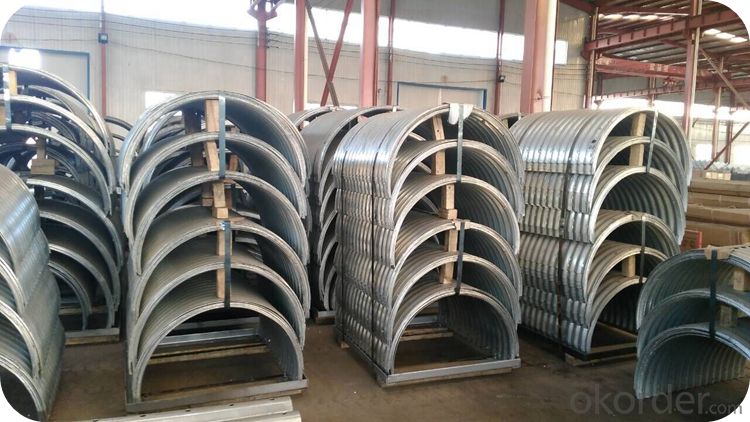
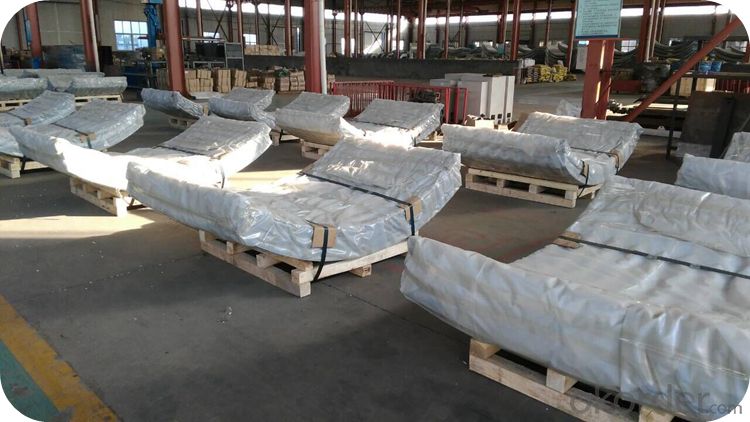
Application
Tunnel strengthening and repair | Underground passage and small refuge places | Deep well |
Mine roadway | Military and protection | Municipal engineering drainage system |
Refrigeration exhaust system | Construction passage | Steel corrugated pipe culvert arch bridge |
Water conservancy department strategic reserve | High fill water culvert | Special area over water culvert |
Water culvert | Replace box culvert cover culvert channel | The old bridge repair |
Replace bridge porous side by side | Inverted siphon for agricultural irrigation | Pipeline protection |
Conveyer tunnel | Modular steel bridge for fast and easy installation | Old bridge pier reinforcement |
Cistern storage | Deep tunnel shaft | Ladder cable line slot |
Honor
QIJIA GROUP earn reputation from customer and all our ability through the test of Inspection body, our Certification No. for CE is 1I160412.HQEU046, ISO9001:2008 is 0350113Q20350R1M, OHSAS18001:2007 is 0350114S20080R0M, ISO14001:2004 is 0350114E10106R0M
Customer visit
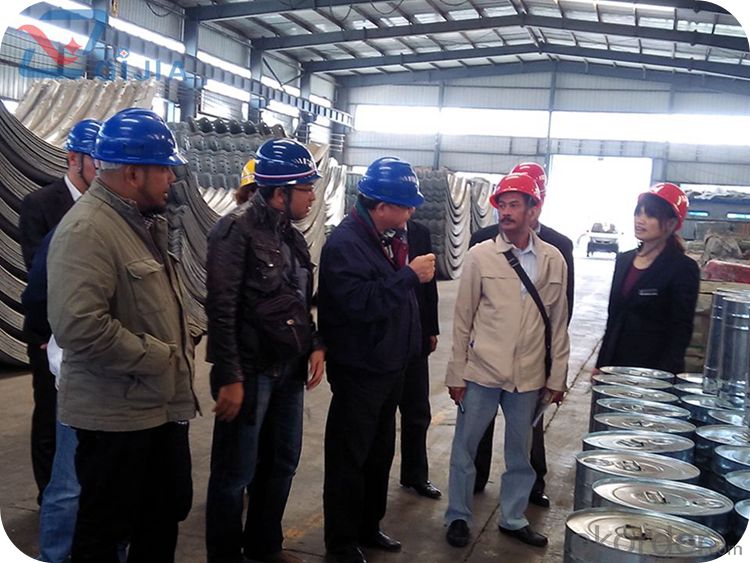
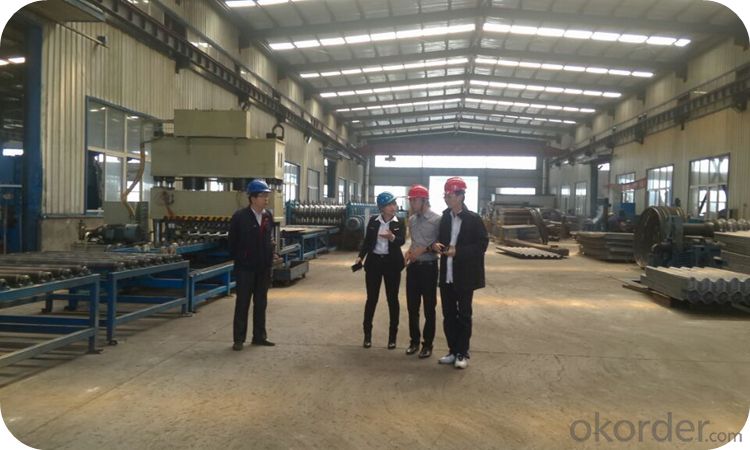
Projects
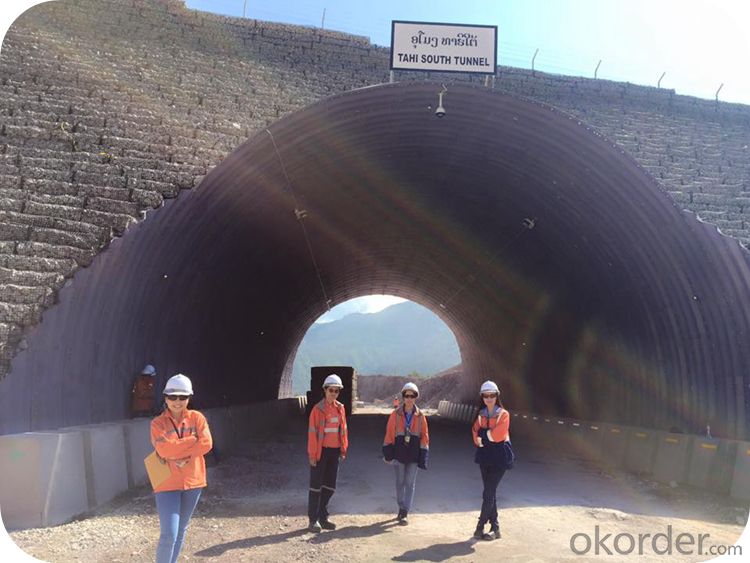
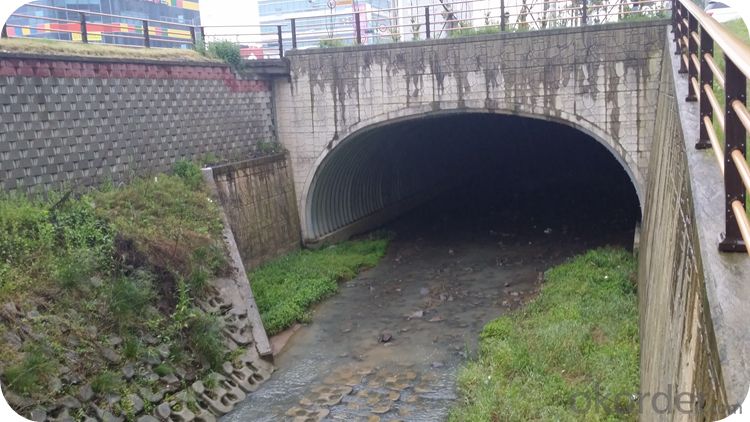
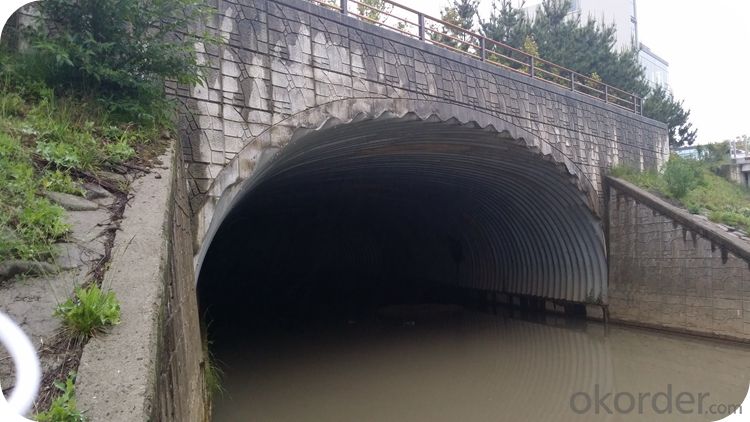
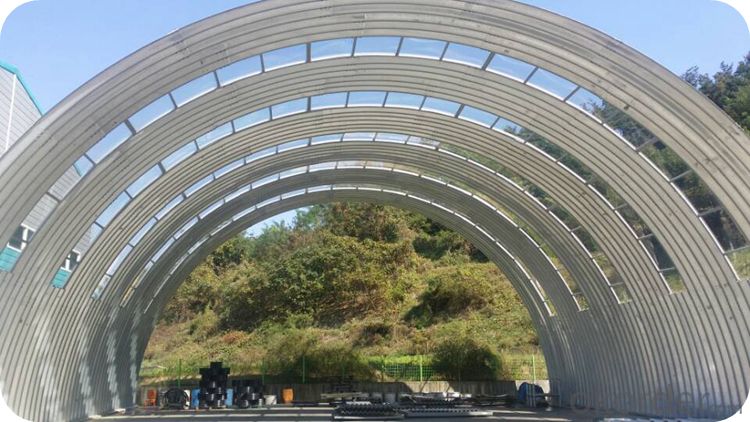
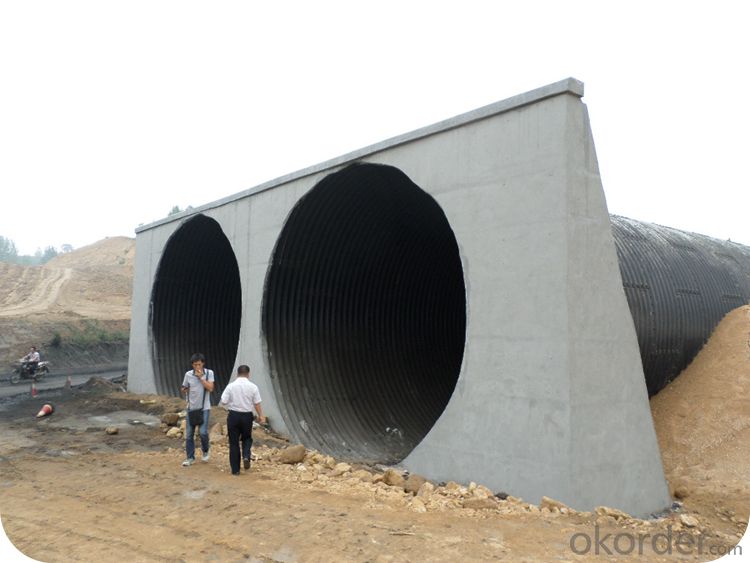
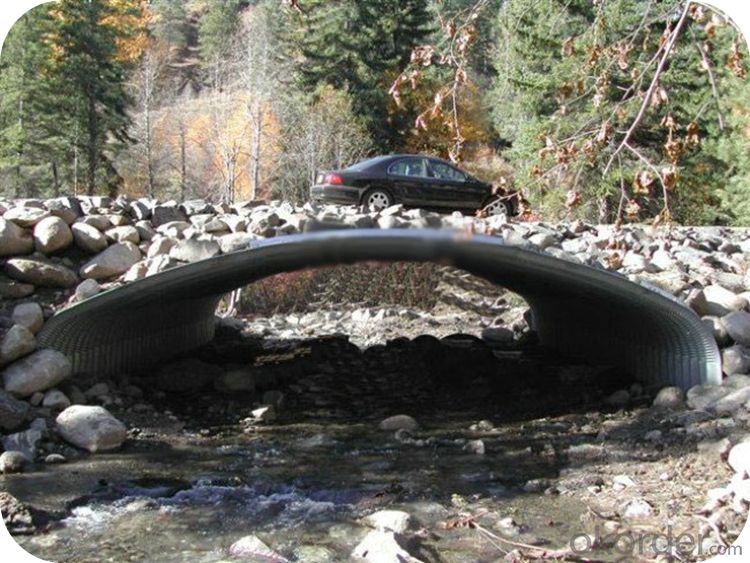
- Q: What are the advantages of using steel pipes in irrigation systems?
- There are several advantages of using steel pipes in irrigation systems. Firstly, steel pipes are highly durable and can withstand harsh weather conditions and heavy loads, ensuring a long lifespan. Secondly, they have a high tensile strength, which means they can handle high pressure and water flow rates without the risk of bursting or leaking. Additionally, steel pipes are resistant to corrosion, which is crucial for maintaining water quality and preventing contamination. Lastly, steel pipes are easy to install and maintain, making them cost-effective in the long run.
- Q: How do you calculate the pipe volume flow rate for steel pipes?
- The pipe volume flow rate for steel pipes can be calculated using the formula: V = A * V_avg, where V is the volume flow rate, A is the cross-sectional area of the pipe, and V_avg is the average velocity of the fluid flowing through the pipe.
- Q: What are the different types of steel pipe supports for thermal expansion?
- There are several types of steel pipe supports for thermal expansion, including rigid supports, flexible supports, and guided supports. Rigid supports are typically used for straight pipe runs and provide a fixed point of support. Flexible supports, such as spring hangers or variable spring supports, allow for vertical movement of the pipe due to thermal expansion. Guided supports, on the other hand, restrict movement in all directions except axial movement, helping to maintain the alignment of the pipe during thermal expansion.
- Q: How are steel pipes measured and sized?
- Steel pipes are commonly measured and sized based on their outer diameter (OD) and wall thickness. The OD is measured using a caliper or tape measure, while the wall thickness can be determined by either a micrometer or ultrasonic thickness gauge. This information is crucial for classifying pipes into various standardized sizes, such as schedule or nominal pipe sizes, which are widely used in the industry.
- Q: How are steel pipes used in the agriculture industry?
- Steel pipes are used in the agriculture industry for various purposes such as irrigation systems, drainage systems, and livestock handling equipment. They provide a durable and reliable solution for transporting water, nutrients, and effluents, ensuring efficient and effective operations in farm settings.
- Q: Are steel pipes suitable for use in pharmaceutical industries?
- Yes, steel pipes are suitable for use in pharmaceutical industries. Steel pipes are known for their durability, strength, and resistance to corrosion. These qualities make them ideal for transporting chemicals, gases, and liquids safely and efficiently within pharmaceutical facilities. Additionally, steel pipes can be easily cleaned and sanitized, ensuring the maintenance of high hygienic standards required in the pharmaceutical industry.
- Q: Can steel pipes be painted or coated?
- Certainly, steel pipes have the capability to undergo painting or coating procedures. It is a prevalent method employed to safeguard them against corrosion, enhance their visual appeal, or comply with particular industry standards. The process consists of an initial step of diligently cleaning the pipes to eliminate any dirt, grease, or rust. Subsequently, a primer is applied, followed by the desired paint or coating. The selection of paint or coating is contingent upon the envisioned purpose of the pipes. For instance, epoxy coatings are frequently utilized for water or wastewater pipelines, while high-temperature resistant coatings are employed for pipes utilized in industrial environments. In conclusion, the act of painting or coating steel pipes has the potential to augment their resilience and overall performance.
- Q: What are the different types of steel pipe end connections?
- Some of the different types of steel pipe end connections include threaded connections, socket weld connections, butt weld connections, and flanged connections.
- Q: Seamless steel pipe 8162 and 8163 what is the difference?
- GB 8162 is the structure of the tube, there is no need for flaw detection, the use of mechanical processing, stents;
- Q: How are steel pipes stored and transported?
- To ensure the safety and prevent damage of steel pipes, a systematic and efficient approach is employed for their storage and transportation. In terms of storage, designated areas are used to either horizontally or vertically stack the pipes. In the case of vertical stacking, custom-made racks or stands are utilized to provide support and prevent rolling or collapsing. This method not only saves space but also allows for easy accessibility when required. To safeguard steel pipes against corrosion and environmental elements, a layer of paint or other protective materials is often applied. Furthermore, pipes may be stored indoors in warehouses or storage facilities to shield them from unfavorable weather conditions. In terms of transportation, depending on the distance and destination, steel pipes are typically loaded onto trucks, railcars, or ships. Specialized equipment such as cranes or forklifts is employed to handle and load the pipes onto these vehicles. To prevent movement during transit, the pipes are tightly secured using straps, chains, or braces. This ensures stability and eliminates the risk of damage to the pipes themselves or other cargo. For long-distance transportation, steel pipes are often transported in bundles or stacks, reinforced to provide additional security. They may also be packed in protective coverings or containers to shield them from moisture, dust, or impacts. Overall, the storage and transportation of steel pipes necessitate meticulous planning, proper handling, and appropriate protective measures to uphold their integrity and quality throughout the entire process.
Send your message to us
CE Certificated Large Corrugated Galvanized Steel Pipe Culvert used in Road Culvert
- Loading Port:
- Tianjin
- Payment Terms:
- TT OR LC
- Min Order Qty:
- 1 m
- Supply Capability:
- 8000 m/month
OKorder Service Pledge
OKorder Financial Service
Similar products
Hot products
Hot Searches
Related keywords
